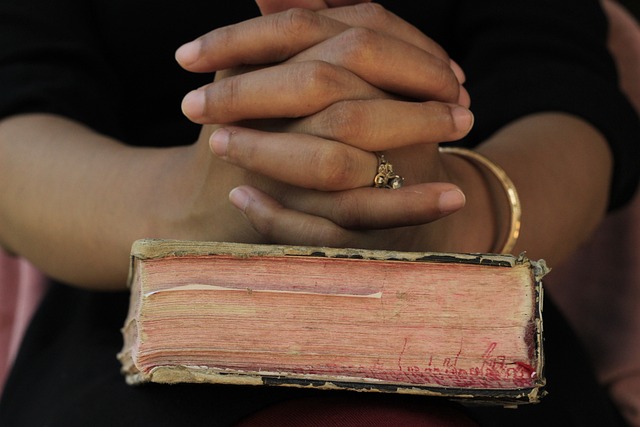Religion, in its many forms, serves as a guiding light for millions around the world. A core aspect of any religious belief system is the practice of rituals, where the worshipper engages in specific actions and behaviors that embody their devotion. Rituals, whether communal or personal, act as a bridge connecting the worshipper to the divine, forging a deeper relationship with their faith.
At the heart of rituals is the active participation of the worshipper. It is through their intention, engagement, and sincerity that these practices come to life. For many, rituals offer solace, strength, and a sense of belonging, all while reinforcing the values and teachings of their religion. Each ritual carries significance, from daily prayers to elaborate ceremonies, all shaped by the unique beliefs of the community and the personal experiences of the worshipper.
Imagine the feeling of standing shoulder to shoulder with fellow worshippers, united in a shared purpose. In that moment, the power of collective worship transcends the individual experience. The worshipper’s voice joins a chorus of prayers, amplifying the collective intention. Through this unity, they find encouragement and a profound sense of community, reminding them that they are not alone on their spiritual journey.
For many, rituals also provide a rhythm to life, marking pivotal moments such as births, marriages, and even deaths. These sacred practices are not just ceremonies but are deeply embedded in the culture and identity of the worshipper. Engaging in these rites enables individuals to honor their heritage while also fostering a sense of continuity and tradition. It is in these moments that the worshipper often reflects on the teachings of their faith, drawing strength and renewal from the timeless wisdom passed down through generations.
Moreover, the symbolism inherent in rituals serves to deepen the worshipper’s understanding of their faith. Each gesture, from lighting a candle to making offerings, holds meaning that reinforces their spiritual beliefs. These acts become tangible expressions of the worshipper’s inner faith and devotion, allowing them to express emotions that words might fail to capture. This is where the transformative power of rituals comes into play, as they offer a space for reflection, meditation, and connection to the sacred.
In many traditions, rituals serve to remind the worshipper of their responsibilities, both to the divine and to their community. The lessons embedded within these practices encourage them to act with compassion, integrity, and love. The act of worship becomes a call to service, urging the worshipper to embody the principles of their beliefs in everyday life. As they leave the sacred space, the worshipper carries the essence of their practice into the world, becoming a vessel of peace and goodwill.
Ultimately, the role of the worshipper in religious rituals illustrates the profound impact these practices have on personal and communal spirituality. Each individual contributes to the rich tapestry of faith, with their unique experiences and interpretations adding depth and diversity to the ritual. Through participation in these sacred acts, the worshipper not only affirms their beliefs but also nurtures their connection to the divine, to their community, and to themselves.




